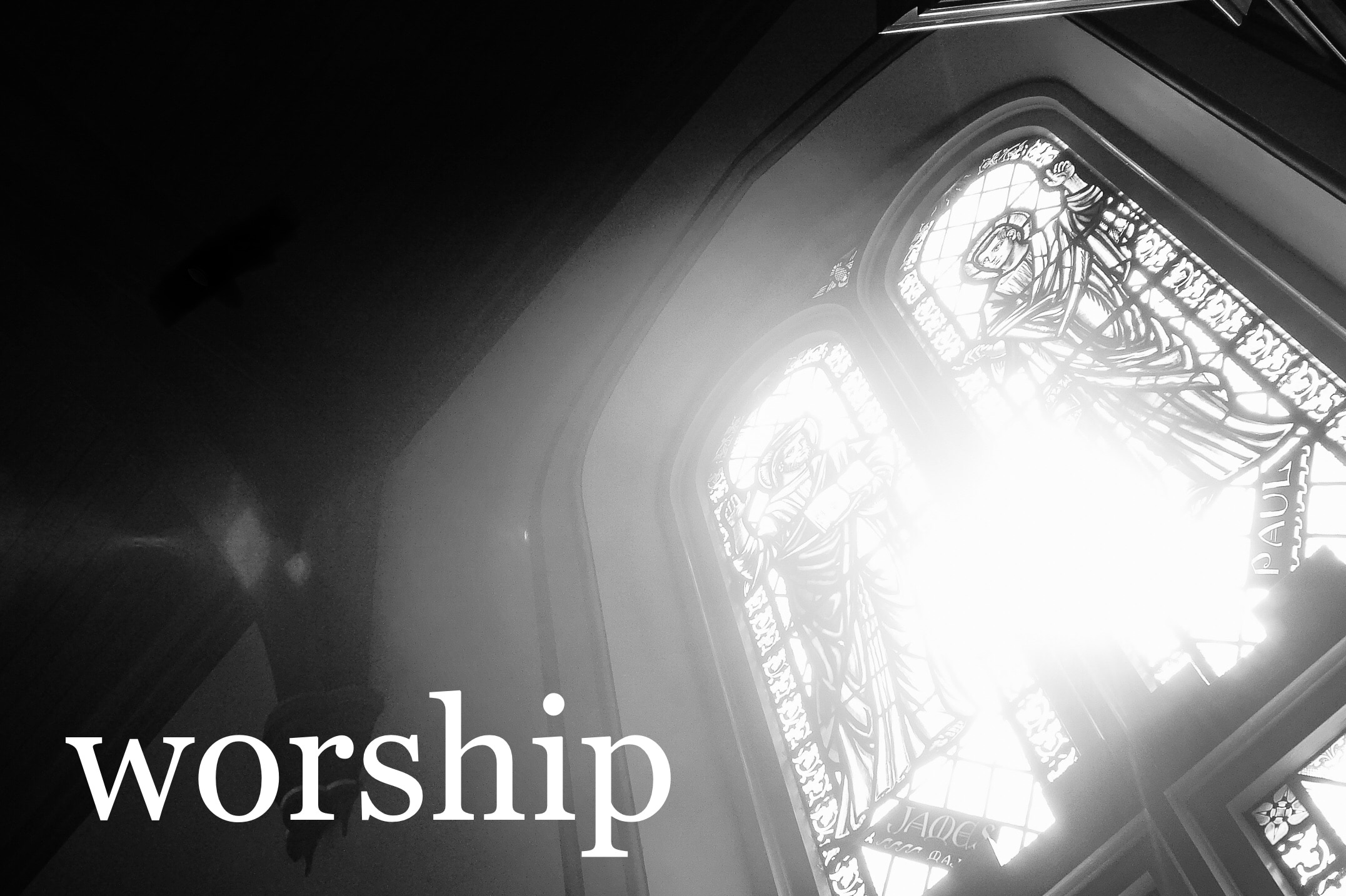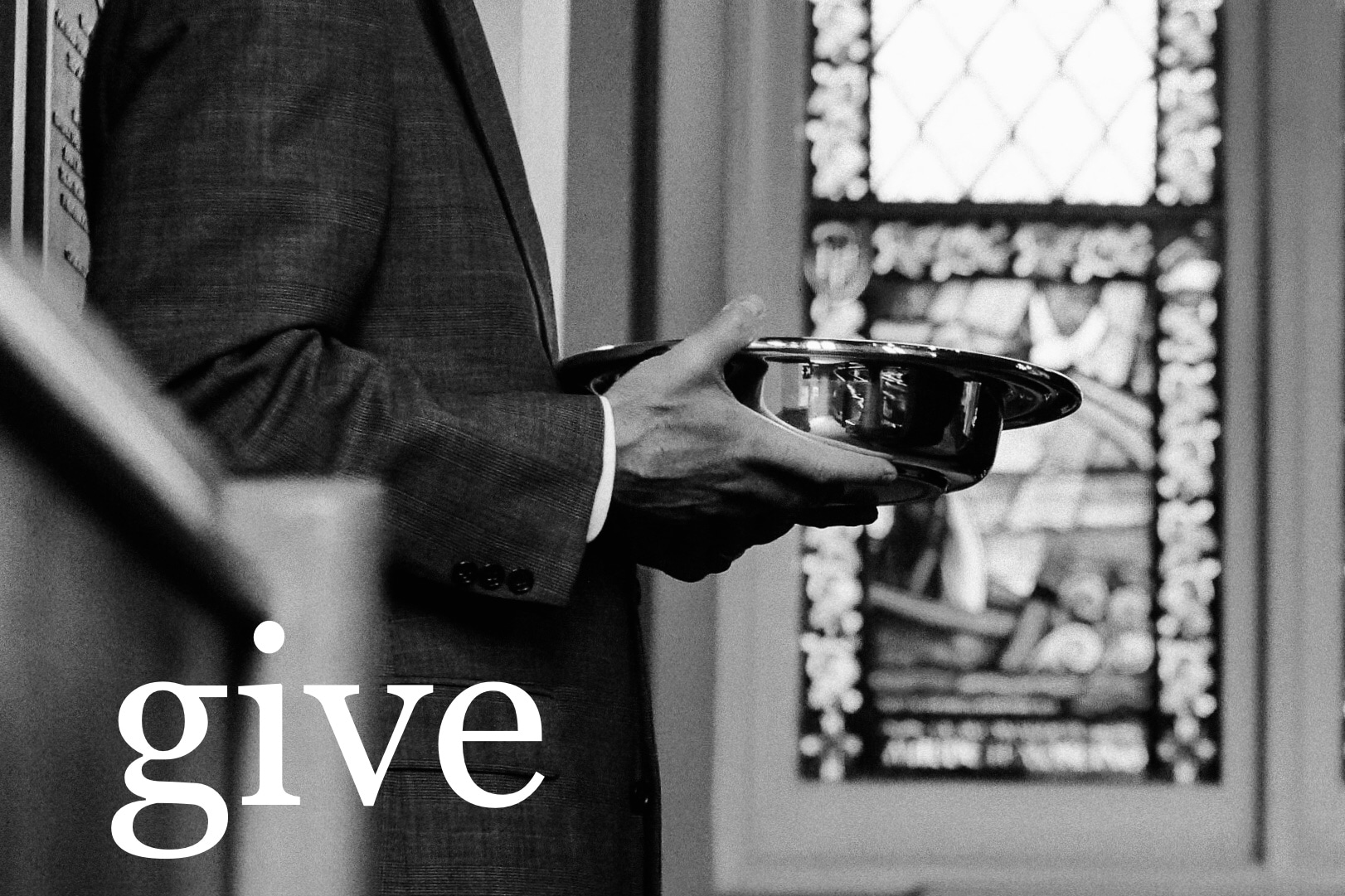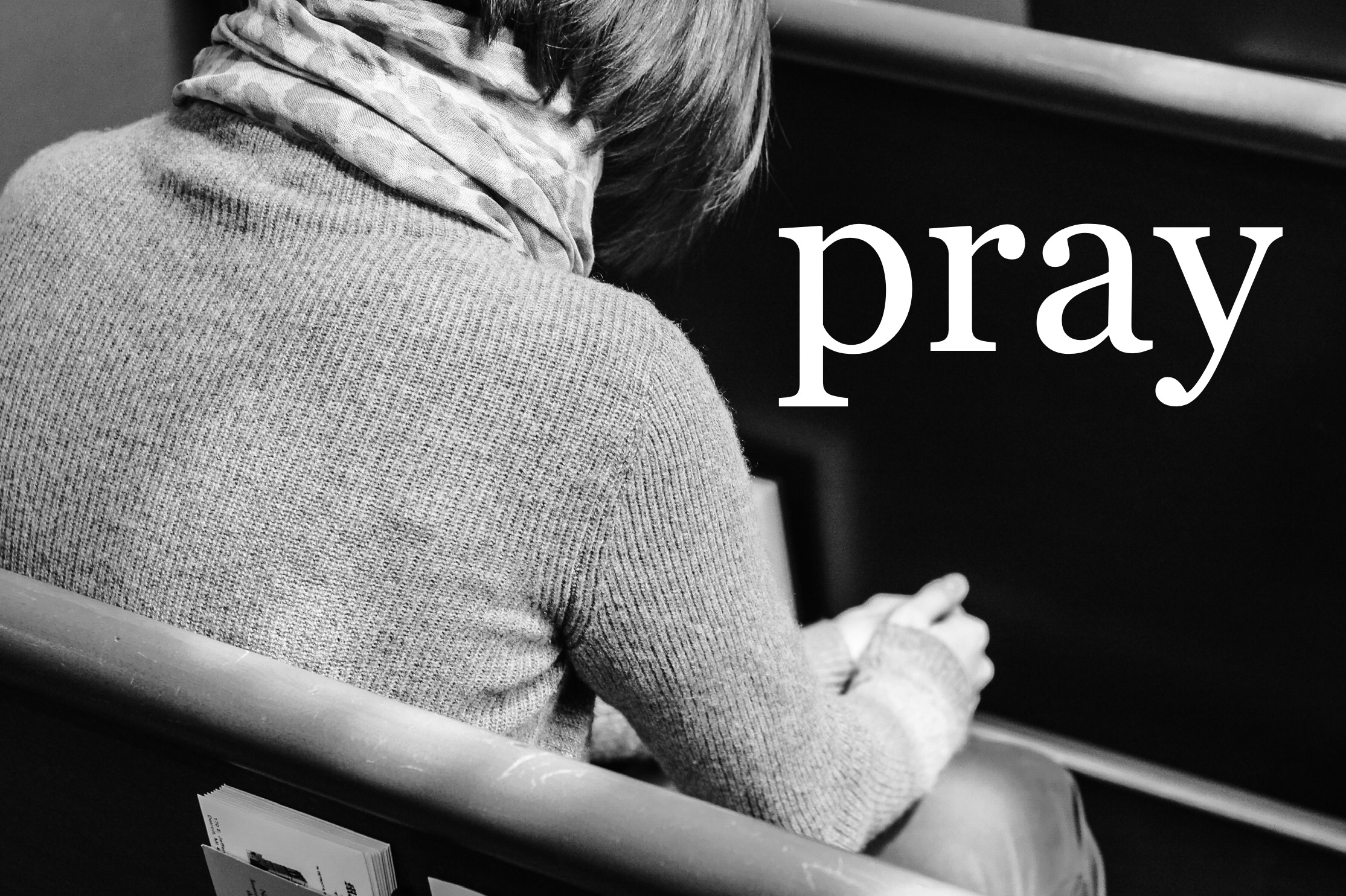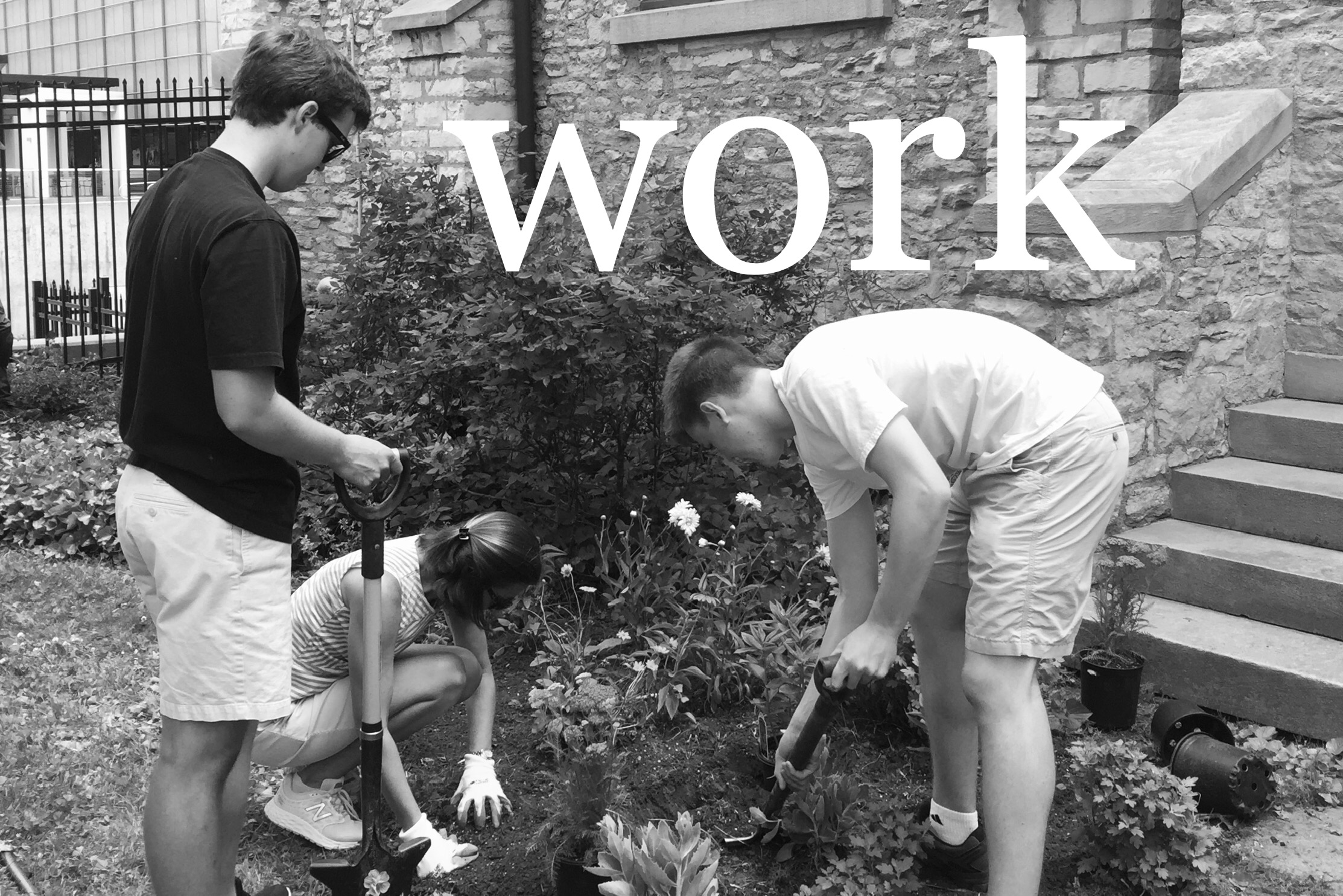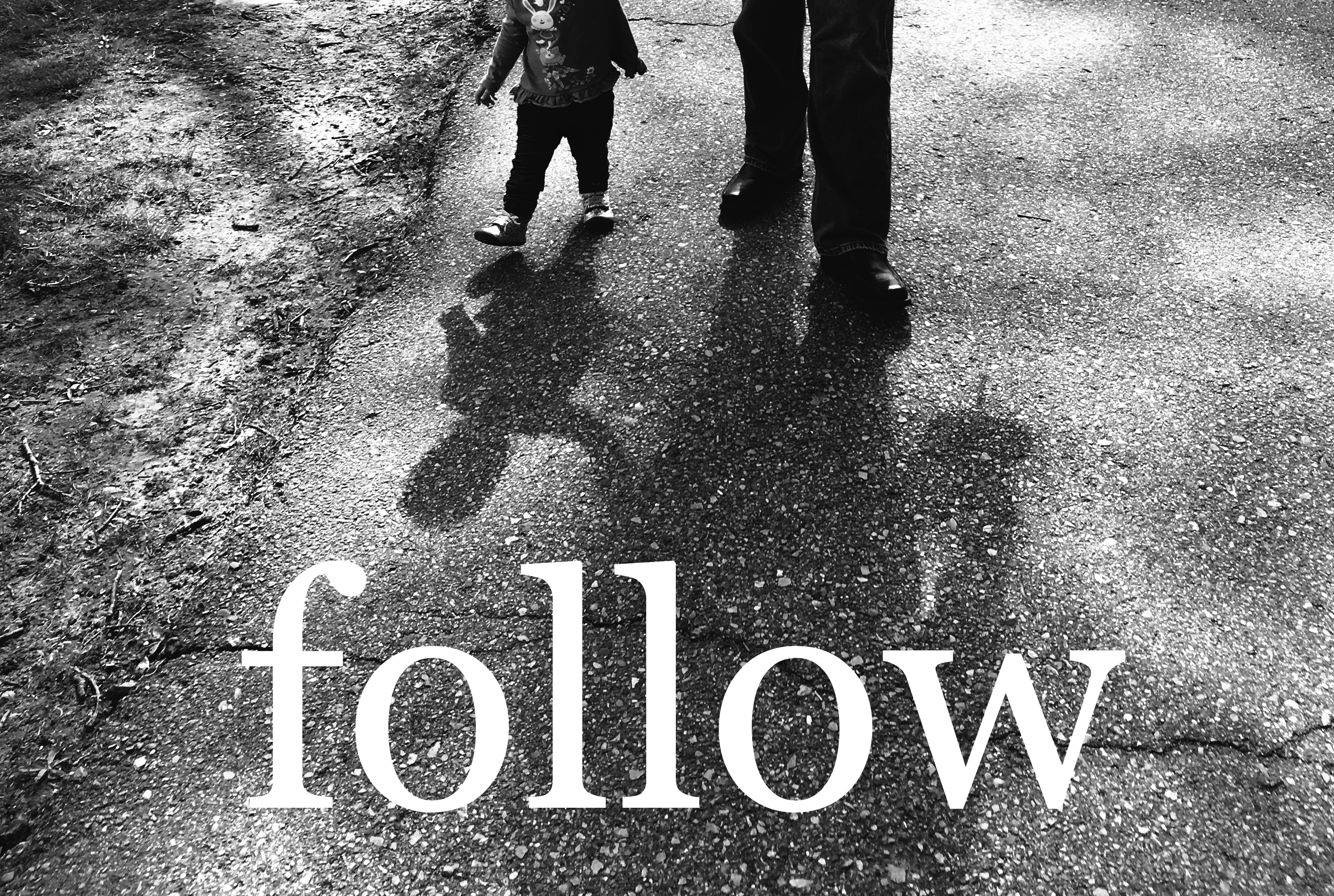The Ancient Paths: Worship
This past Sunday we talked about the second ancient path we are called to walk as members of Mariners’ Church: worship. As the novelist David Foster Wallace observed in his famed commencement speech entitled “This is Water”, everybody worships.
in the day-to-day trenches of adult life, there is actually no such thing as atheism. There is no such thing as not worshiping. Everybody worships. The only choice we get is what to worship.
He continues, noting that if we do not worship God, we end up worshiping something. Most people are not aware of this. Worshiping money, or beauty, or power, or intellect, is “unconscious[…] the kind of worship you just gradually slip into, day after day, getting more and more selective about what you see and how you measure value without ever being fully aware that that’s what you’re doing.”
Even for Christians, immersed in a culture that is expert in discipling people to worship these false gods, many of us worship them without realizing it. This is why for the second theme of our series, “worship,” The Book of Common Prayer gives some really clear guidelines for worship, because if our worship is not guided, not directed, not formed by the Church as the Holy Spirit has led her into all truth (John 16:13), we are prone to veer off into self-determined modes of worship that end up being self-worship, because those unconscious idols have room to sneak in.
The BCP tells us that it is our “bounden duty” to “worship God every Sunday in his church.” (pg. 291) There are actually three parts to this:
- A who (“worship God”)
- A when (“every Sunday” – the idea that we don’t need to set aside a special day to worship God doesn’t cut it, as the fourth of the Ten Commandments tells us.)
- A where (“in his church” – while a mountaintop, or the golf course, or the lake are great places where we can experience the beauty of God’s creation, we are called on Sundays to gather with others in the Church.)
The Characteristics of Worship
There’s a lot to be said about worship, a lot that could be said about worship. A lot has been said about worship. Many books have been written on it. But this Sunday, we highlighted three characteristics of our worship at Mariners’:
- Our worship is beautiful.
We don’t just speak the truth, we don’t merely commend goodness, but we worship God with beauty. In the Venite, the opening canticle of Morning Prayer that invites us to offer our day as praise to God, we are bidden to “worship the Lord in the beauty of holiness.” This is because God is beautiful, and so in worship we return beauty as an offering to the beautiful One. We do this with the building we gather in, in stone and stained glass, in vestments and altar. We do this in voices raised in song, and hearts hushed in silence. We do this in offering our gifts and ourselves to the Lord.
- Our worship is reverent.
In worship, we approach the living God with a sense of awe and wonder, knowing that he is our source and our end and the author of all good things.
- Our worship is liturgical.
Throughout the biblical record, commencing in Genesis, continuing in the life of the people of Israel, and culminating in the heavenly vision of the prophets that we see in books like Isaiah, Ezekiel, and Revelation, we see a clear picture of liturgical worship. Of sacrifices, altars, rituals, chanting, vestments, formally crafted prayers, offerings like bread, wine, incense, and water. Israel worshiped liturgically. The early Church worshiped liturgically, as attested in the book of Acts. The book of Revelation lets us know we will be worshiping liturgically in heaven… so why would the worship of the church be anything other than liturgical worship?
How do we worship?
We also talked a bit about how we, as individuals, are to worship:
- We worship frequently.
At Mariners’, we not only have the opportunity to worship on Sundays, but at our Thursday Holy Communion, on the special “red-letter days” (feast days commemorating events in the life of our Lord, and the lives of his Saints), special times like Holy Week, and our three yearly maritime services. (For our calendar of services, click here.)
- We worship actively.
Liturgical theologian Simon Chan talks about the importance of “active participation” in worship. Worship has enormous potential for formative power, to shape us to love God more deeply. But if our hearts aren’t in it, if our minds are somewhere else, that formative power is diminished, if not lost. In other words, if you’re going to be here, be here! Approach worship with your total attention, with a willingness to “lean in” and be truly present and embrace all of it, even parts that might not be comfortable, like silence. Take those moments to focus on Christ and allow him to fill your heart with his peace.
- We worship hopefully.
Worship is nothing less than an anticipation of our eternal destiny, a foretaste of the eternal banquet. I was at a seminar the other day with other pastors from our city, and had the joy of being able to hear a presentation from my divinity school dean. He talked about how much fear there is today, in our world and in the church. And a lot of people think the antidote to fear is optimism. There’s a lot of research in academia being done right now about optimism and its positive effects: on individuals, organizations, and societies. Psychologist Martin Seligman, who started the field of positive psychology, literally wrote the book on optimism. And the whole book advocates optimism, concluding that if someone is optimistic, whether it is in the area of business, politics, sports, leadership, whatever… their odds of being successful increase exponentially.
About a third of the way into the book, however, he points out one key advantage to being a pessimist: it’s that pessimists have a more accurate account of reality.
The Christian virtue of hope, on the other hand, holds these two together. It embraces an accurate account of our present reality and anticipates our future as an Easter people living in light of the good news of the resurrection! And so worship, as a foretaste of the eternal banquet, a glimpse into heaven, is nothing less than an incubator of hope in our hearts. If you ever find yourself short on hope, get to worship more.
In closing, we take in the words of St. Augustine about what we will be doing in heaven:
What are we going to do there? Tell me. Sleep? Yes, here people who have nothing to do just sleep. But there is no sleep there, because there is no weariness. So we aren’t going to perform works of necessity, aren’t going to sleep—what are we going to do? None of us must be afraid of boredom; none of us must imagine it’s going to be so boring there. Do you find it boring now to be well? You can get tired of anything and everything in this age; can you get tired of being well? If you don’t get tired of good health, will you get tired of immortality? So what activity are we going to engage in? “Amen” and “Alleluia.” Here, you see, we do one thing and another, there one thing, I don’t say day and night but day without end; what the powers of heaven, the seraphim, say now without ever getting bored: “Holy, holy, holy, Lord God of hosts.”
We anticipate this eternal worship here and now, as we join the song of heaven, as we glorify the living and true God, in the beauty of holiness, and in the hope of the resurrection.
Questions for Reflection:
- What is it about our worship that makes you feel closest to God?
- What is an aspect of our worship that is difficult for you or that you don’t understand? For difficulties: how could you begin to embrace them? For something you don’t understand: how could you learn more about it?
- What is the greatest hindrance to you “worshiping God in his church every Sunday?” Why is this a hindrance? What changes could you make so that it isn’t a hindrance?
- When are some times in your life that worship has given you hope?
Our sermon series The Ancient Paths continues this Sunday! Join us this Sunday, May 26, when our theme will be “Work”. Complimentary parking is available for our 8:30 and 11 a.m. services in the Ford Underground Garage. For information on planning your visit to Mariners’ Church, click here. See you soon!

